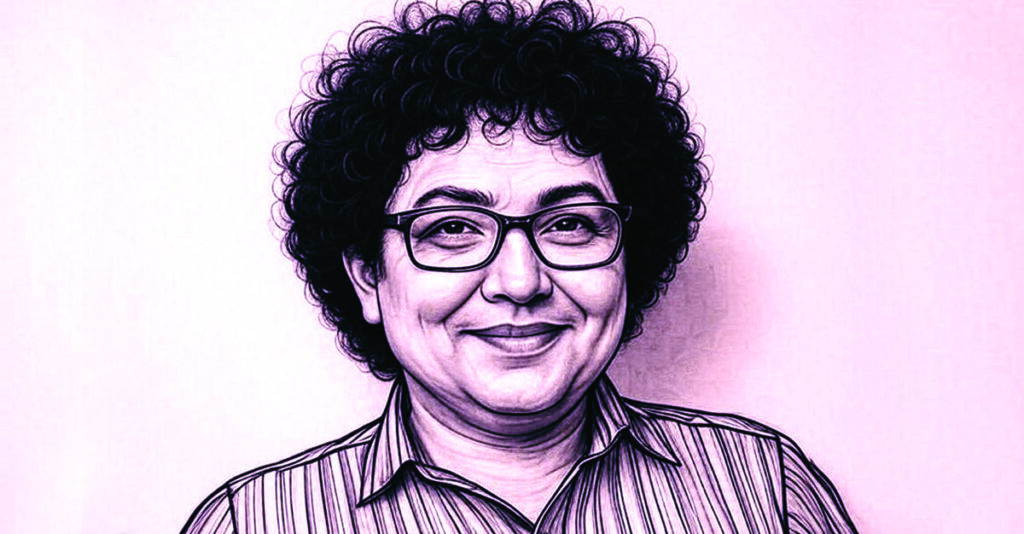Issue: Vol. IV, No. 2, August-October, 2025
Poetry is increasingly becoming reading-material only for people who are concentrated on this genre of literature. It seems to be gradually slipping away from the hands of the common reader. Except for poets, critics, students of literature and teachers, and a few enthusiastic readers, the number of people interested in poetry is on the decline. Some talk about the need for “activated readers” as if one needs to receive the initiation from some guru to enter the sanctum of poetry! This is a conspiracy to confuse and underestimate the common reader. Poets themselves must strive to dismantle such conspiracies. Some proposals were put forward in the manifesto published by the ‘Kabita Adhyayan Got’ in 2020. It contained certain guidelines on the measures that could be taken to save poetry from becoming the exclusive domain of specialists. Poets could consider the points raised in that manifesto.
On the 1st of July, we suddenly lost the eminent poet, Anubhav Tulasi. Tulasi was a major poet in the contemporary Assamese poetic world. His death is an irreparable loss for Assamese poetry. When writing a poem, a poet generally needs to be sincere and committed to two aspects — one is craft, and the other is content. The poet strives tirelessly to maintain a balance between the two. In this struggle for balance, some poets lean more heavily towards craft, while others lean more towards content. Anubhav Tulasi’s balance always leaned more heavily towards craft. He paid greater attention to preserving the artistic merit of poetry.

Assamese modern poetry took its form and inspiration from Anglo-American poetry. Tulasi was a student and teacher of English literature. Therefore, his poetry never strayed far from the Anglo-American tradition. While remaining within that tradition, he conducted various experiments with the language and techniques of poetry. He consciously attempted to employ the rich expressive styles of the Assamese rural language in new forms.
Anubhav Tulasi was also a regular contributor to the PWF. His poems, interviews, and essays enriched the PWF considerably. He was also a participant in the ‘Parbantarar Padya’ (A New Chapter for Verse) movement of the Kabita Adhyayan Got. He gave moral support to the initiative aimed at retrieving poetry from becoming merely intellectual fodder for specialists.
We pay homage to the distinguished poet.